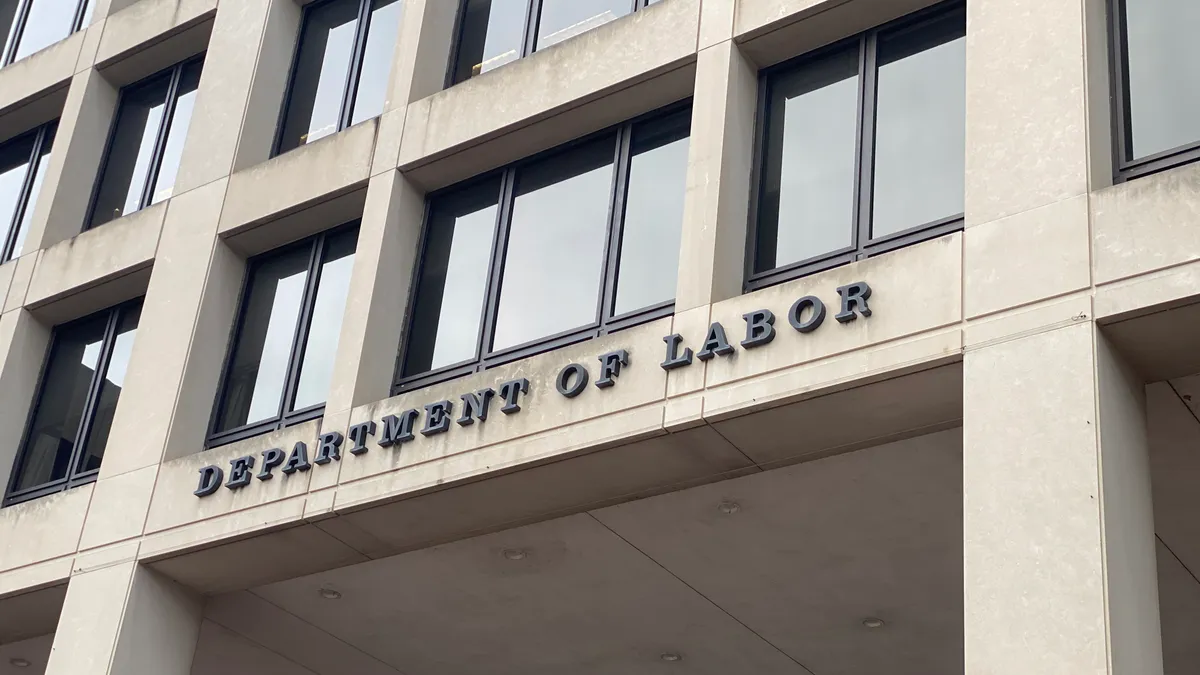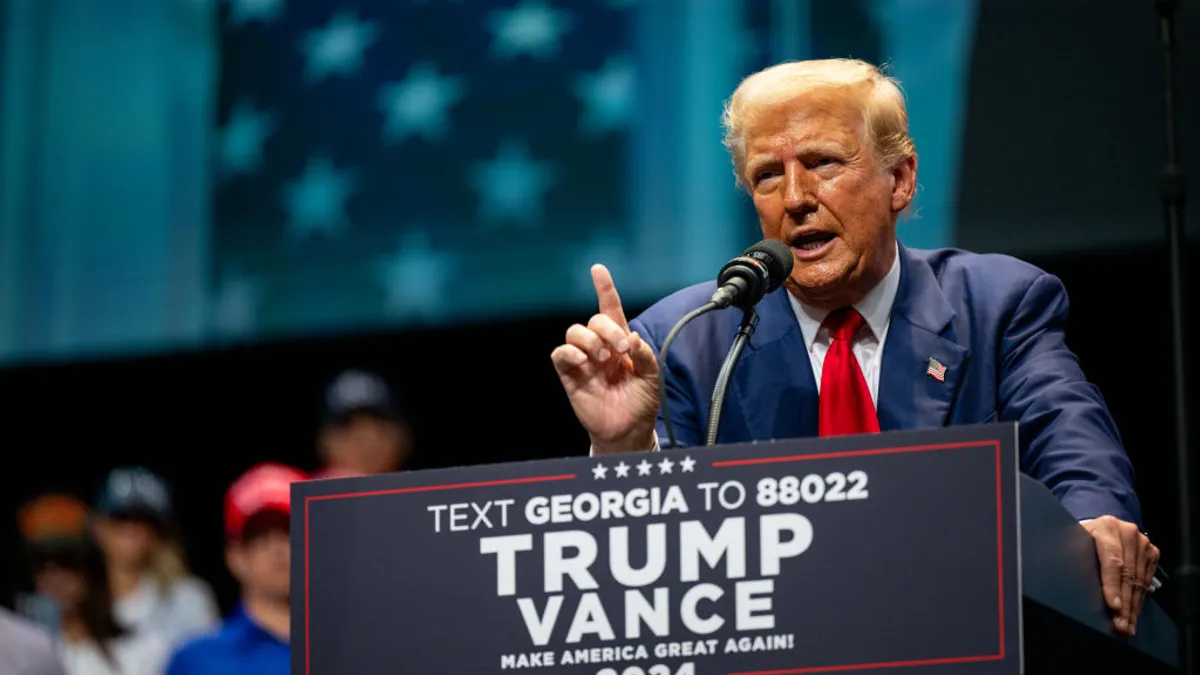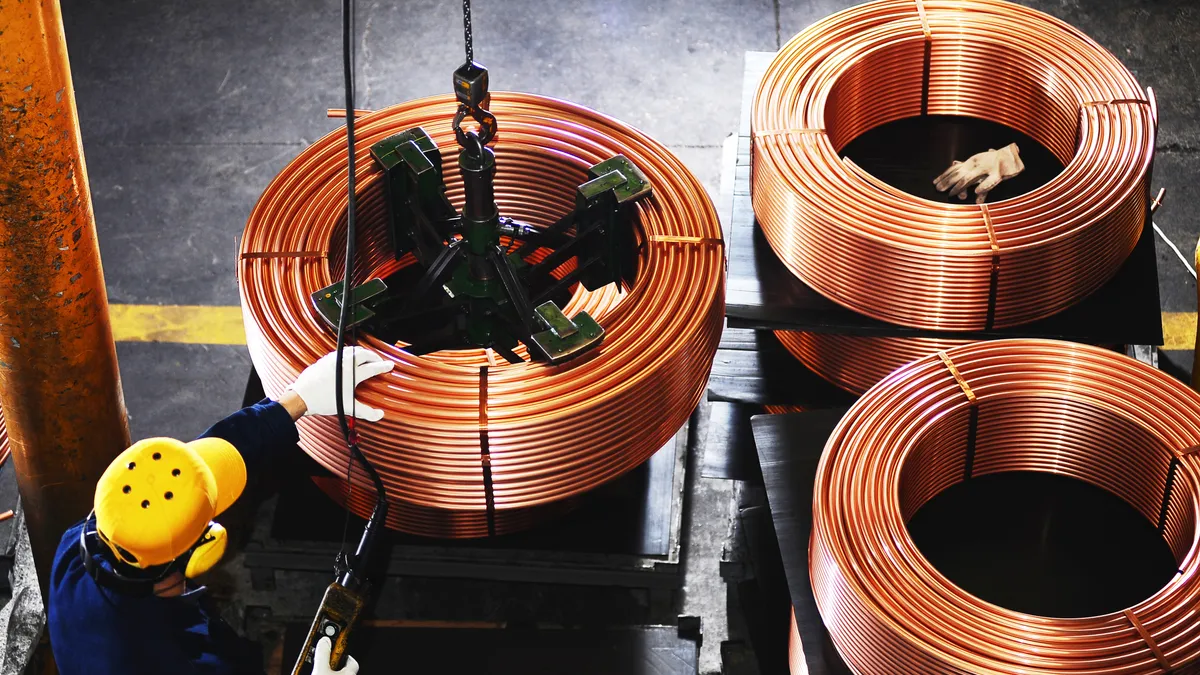Last week, the U.S. Department of Labor, as it often does, issued a press release noting that officials had ordered a Los Angeles-based garment manufacturer to pay back wages after the factory illegally withheld pay and overtime pay from its workers. In it, the department mentioned three retailers connected to the incident: Evereve, Indigo and Stitch Fix.
The differing reactions from the retailers demonstrate that there’s no clear protocol in the industry when brands they sell get caught up in labor and safety infractions at garment manufacturers. It’s a stubborn problem usually seen overseas but also endemic in Los Angeles, now the country’s textile center.
But it’s naive for a retailer to think it can walk away from the conversation just because they don’t run the factory or even the brand involved, according to Alison Taylor, executive director of the Ethical Systems program at New York University’s Stern School of Business.
“This is a very old fashioned idea from the ’80s, that it's not my problem because I don't own the company,” she said by phone, adding that protests around problematic factory conditions at Nike, Gap, Kathie Lee Gifford’s label and elsewhere gutted that notion in the ’90s.
Yet the attitude persists. Stitch Fix initially denied that its merchandise was involved in the most recent wage infractions at Justar Fashion, the Los Angeles factory, and said it approached the Labor Department for a correction to the press release. But a spokesperson for the department said that in a November meeting, its Wage and Hour Division team met with representatives of Stitch Fix and the Michael Stars clothing label and “explicitly mentioned that Stitch Fix received the goods produced by the underpaid workers employed by Justar.”
“The news release is accurate,” Mike Petersen, western regional director of the Department of Labor’s Office of Public Affairs, said by email.
Stitch Fix pushed back again, though, saying by email that the release remains inaccurate because Justar does not produce apparel directly for Stitch Fix, that Michael Stars is one of hundreds of national brands it sells and that the brand is also sold by Nordstrom and others.
Indigo has still not replied to a request for comment on the Labor Department’s release. But Evereve, which like Stitch Fix sells its own labels as well as third-party brands, said it is aware of the agency’s “findings regarding Justar Fashion, a manufacturer which produces clothing for one of the third-party brands we sell, not our in-house brand.”
“Evereve takes this news very seriously,” a spokesperson said by email. “We have a zero-tolerance policy for any violation of federal, state, or local labor laws and regulations, and we are working with the third-party brand involved to secure legal documentation of the Department of Labor’s resolution regarding this issue.”
This reaction is closer to the ideal when a retailer is confronted with troubles in its supply chain that doesn’t involve it directly, according to Taylor. It behooves retailers to have a process in place, given that the European Union, some states in the U.S. and other governments are implementing and contemplating laws that will hold them more strictly accountable, and that many of today’s consumers are also paying close attention, she said.
The problems remain intractable and complex, Taylor said. For example, draconian supply chain policies, where a retailer or brand may simply fire a factory over violations, can be harmful to the garment workers, who often desperately need their wages, she said.
“If I’m a retailer, I’d want to have a conversation with the brand and feel comfortable they were tackling it,” she said. “I'm not sure we need more people piling into this factory and investigating everything. But I would want to know they are dealing with it. I would want to hear them explain to me what they're going to do about it, and then I'm probably going to keep an eye on it.”












